
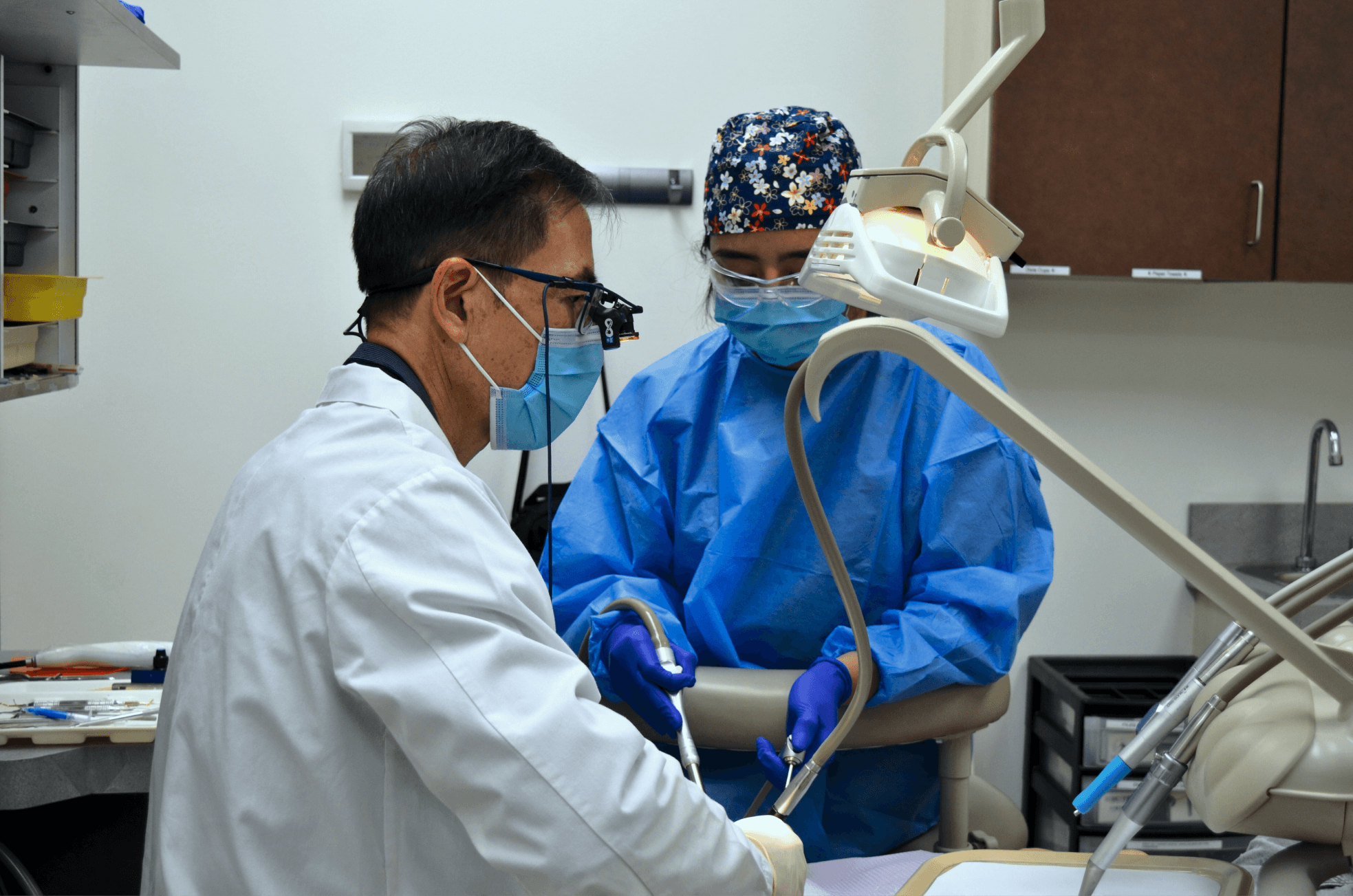


Transform Your Teeth With Porcelain Veneers
Transform Your Teeth With Porcelain Veneers
Transform Your Teeth With Porcelain Veneers
Transform Your Teeth With Porcelain Veneers
Your Dream Smile, Made Real
Your Dream Smile, Made Real
Your Dream Smile, Made Real
Porcelain veneers are thin, custom-made shells that are bonded to the front surface of your teeth. They are crafted from high-quality ceramic material that mimics the natural look and feel of tooth enamel.
Porcelain veneers are thin, custom-made shells that are bonded to the front surface of your teeth. They are crafted from high-quality ceramic material that mimics the natural look and feel of tooth enamel.
Porcelain veneers are thin, custom-made shells that are bonded to the front surface of your teeth. They are crafted from high-quality ceramic material that mimics the natural look and feel of tooth enamel.
Enhance Your Face, Correct Imperfections
Enhance Your Face, Correct Imperfections
Enhance Your Face, Correct Imperfections
Porcelain veneers can address a wide range of cosmetic concerns, including…
Porcelain veneers can address a wide range of cosmetic concerns, including…
Porcelain veneers can address a wide range of cosmetic concerns, including…
Gaps between teeth
Gaps between teeth
Misshapen or uneven teeth
Misshapen or uneven teeth



Severely discolored or stained teeth
Severely discolored or stained teeth
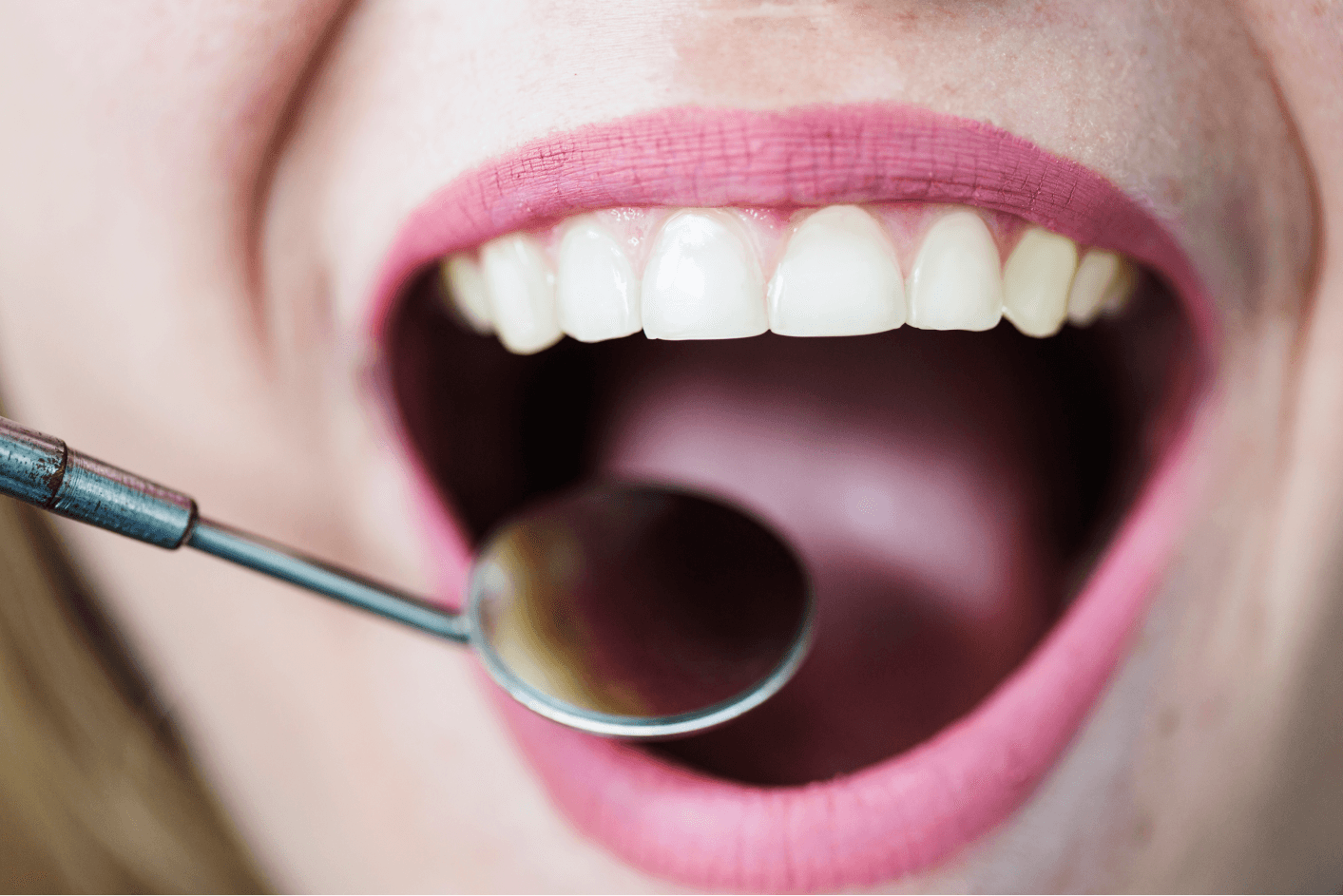


Minor misalignment issues
Minor misalignment issues
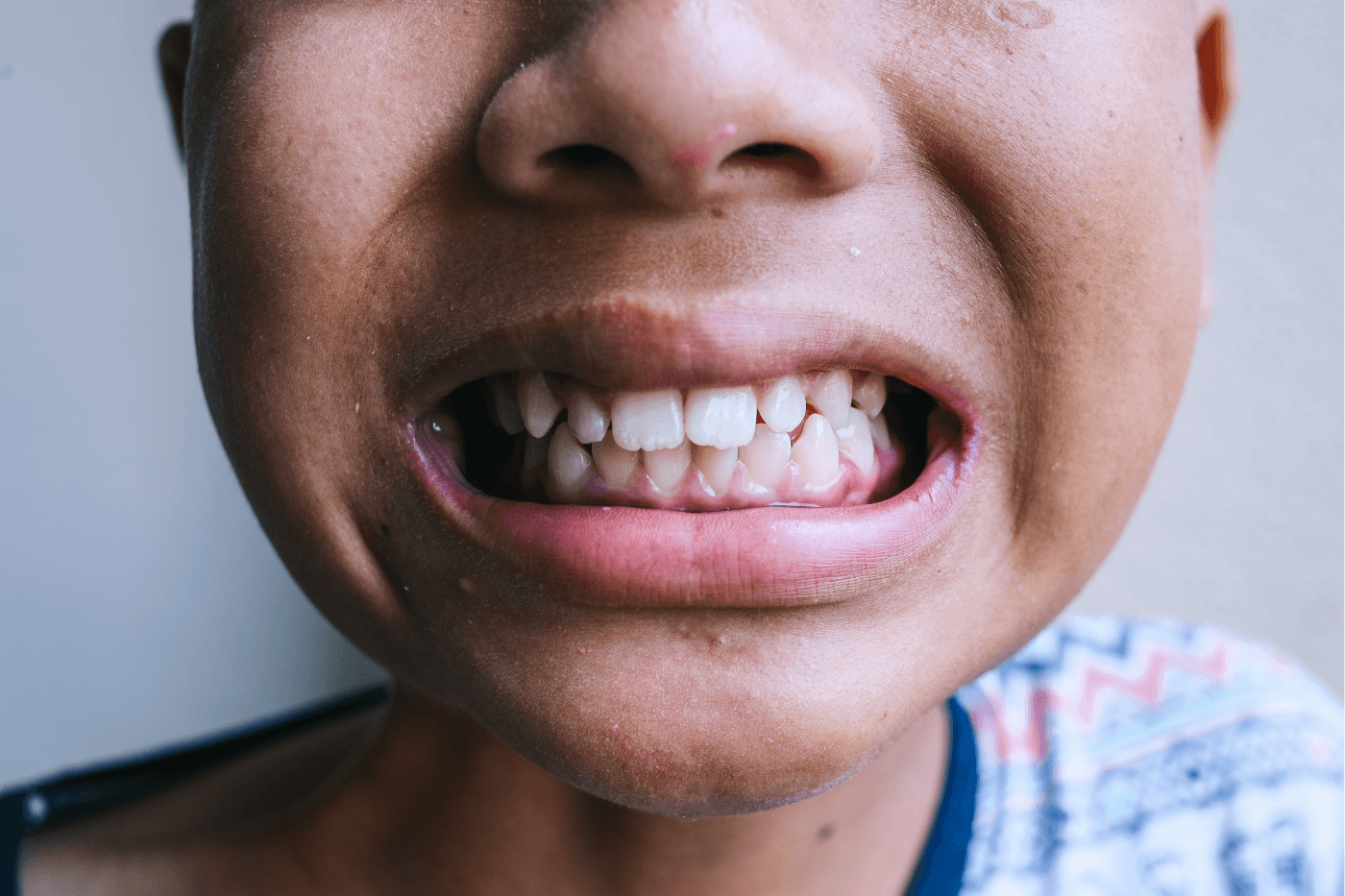


Chipped, cracked, or worn-down teeth
Chipped, cracked, or worn-down teeth
Unlock Your Confidence
Unlock Your Confidence
Unlock Your Confidence
Temporary Enhancement
Temporary Enhancement
Temporary Enhancement
You'll wear temporary veneers while we craft your perfect smile.
You'll wear temporary veneers while we craft your perfect smile.
Gentle Preparation
Gentle Preparation
Gentle Preparation
A small amount of enamel is carefully removed to accommodate your veneers.
A small amount of enamel is carefully removed to accommodate your veneers.
Precise Placement
Precise Placement
Precise Placement
Your new veneers are expertly bonded for a seamless fit and natural look.
Your new veneers are expertly bonded for a seamless fit and natural look.
Digital Impressions
Digital Impressions
Digital Impressions
Your unique smile is captured for creating custom-made veneers.
Your unique smile is captured for creating custom-made veneers.
Personalized Consultation
Personalized Consultation
Personalized Consultation
We'll get to know your smile goals and assess your individual needs.
We'll get to know your smile goals and assess your individual needs.
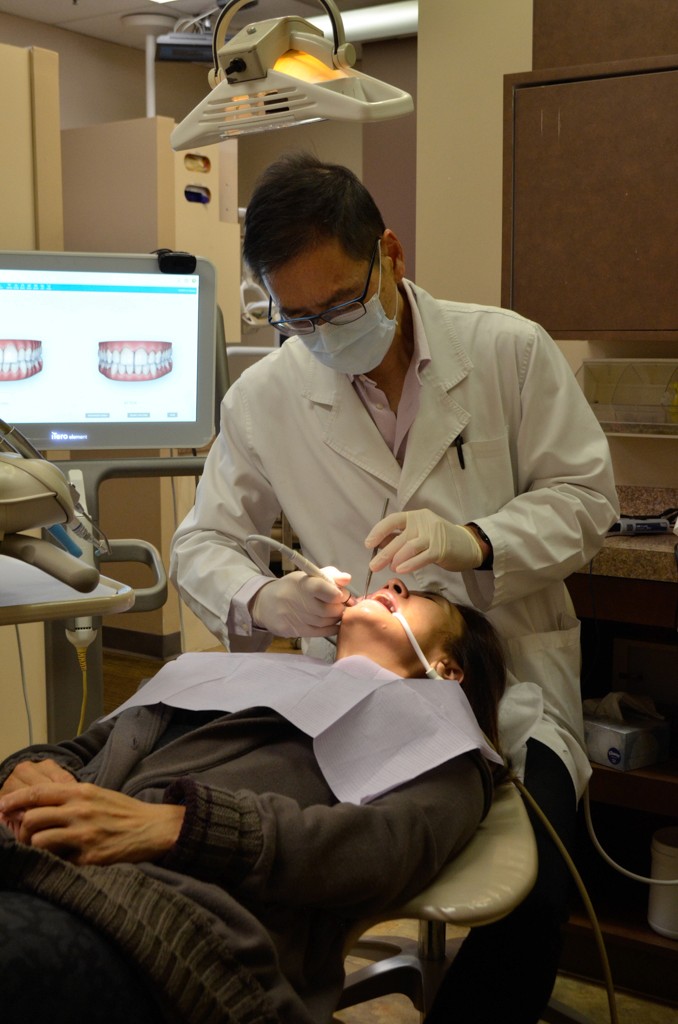


Refined Perfection
Refined Perfection
Refined Perfection
We ensure your smile is comfortable, beautiful, and uniquely yours.
We ensure your smile is comfortable, beautiful, and uniquely yours.
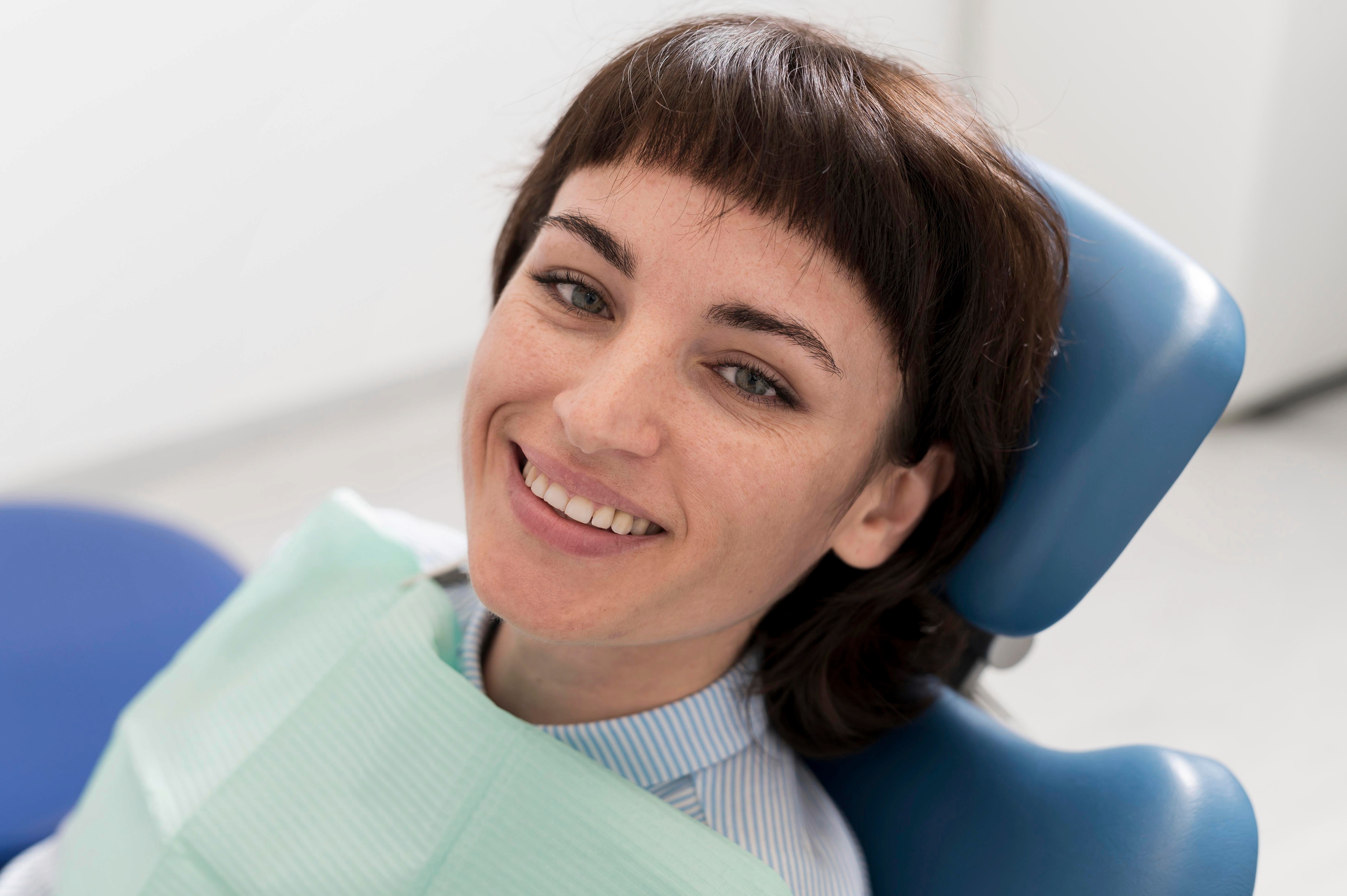


Unlock Your Confidence
Temporary Enhancement
You'll wear temporary veneers while we craft your perfect smile.
Gentle Preparation
A small amount of enamel is carefully removed to accommodate your veneers.
Precise Placement
Your new veneers are expertly bonded for a seamless fit and natural look.

Personalized Consultation
We'll get to know your smile goals and assess your individual needs.
Refined Perfection
We ensure your smile is comfortable, beautiful, and uniquely yours.

Digital Impressions
Your unique smile is captured for creating custom-made veneers.
The Smile You Deserve
The Smile You Deserve
The Smile You Deserve
The Smile You Deserve
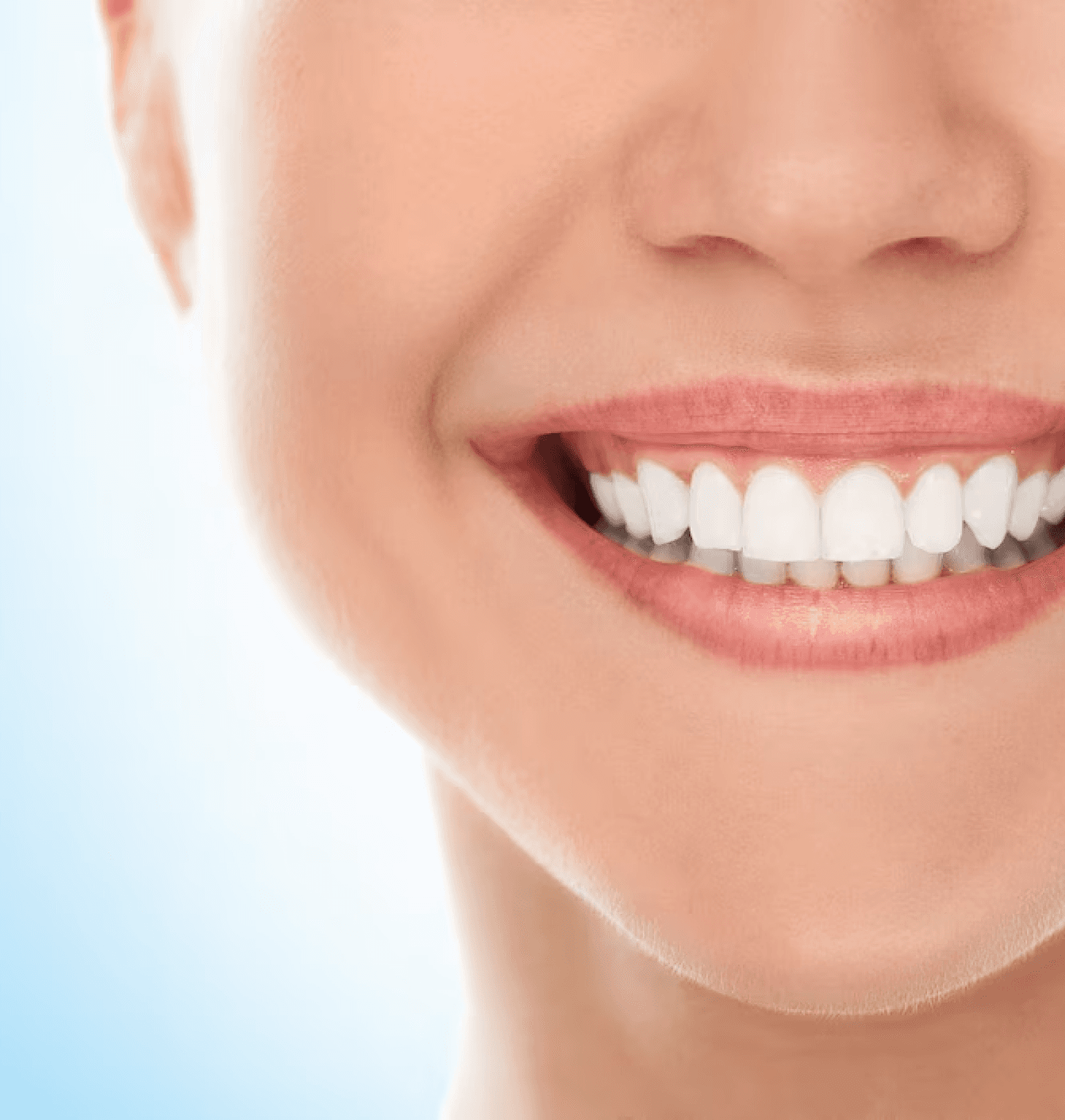

Natural Beauty
Natural Beauty
Natural Beauty
Natural Beauty
Blend Seamlessly with your Existing Teeth for A Harmonious Look
Blend Seamlessly with your Existing Teeth for A Harmonious Look
Blend Seamlessly with your Existing Teeth for A Harmonious Look
Personalized Solution
Personalized Solution
Personalized Solution
Personalized Solution
Address Various Cosmetic Concerns For Your Unique Needs
Address Various Cosmetic Concerns For Your Unique Needs
Address Various Cosmetic Concerns For Your Unique Needs
Long-Lasting Brilliance
Long-Lasting Brilliance
Long-Lasting Brilliance
Long-Lasting Brilliance
Resist Stains From Coffee, Tea, and More
Resist Stains From Coffee, Tea, and More
Resist Stains From Coffee, Tea, and More
Everyday Durability
Everyday Durability
Everyday Durability
Everyday Durability
Designed To Withstand Your Lifestyle
Designed To Withstand Your Lifestyle
Designed To Withstand Your Lifestyle
Preserving Perfection for Lasting Radiance
Preserving Perfection for Lasting Radiance
Preserving Perfection for Lasting Radiance
Preserving Perfection for Lasting Radiance
To keep your veneers looking their best for years to come, follow these simple tips
To keep your veneers looking their best for years to come, follow these simple tips
To keep your veneers looking their best for years to come, follow these simple tips
Practice Good Oral Hygiene
Practice Good Oral Hygiene
Practice Good Oral Hygiene
Practice Good Oral Hygiene
Brush and floss daily, just as you would with your natural teeth.
Brush and floss daily, just as you would with your natural teeth.
Brush and floss daily, just as you would with your natural teeth.
Avoid Hard or Sticky Foods
Avoid Hard or Sticky Foods
Avoid Hard or Sticky Foods
Avoid Hard or Sticky Foods
To prevent chipping, avoid biting down on hard objects (e.g., ice, pens) and chewy candies.
To prevent chipping, avoid biting down on hard objects (e.g., ice, pens) and chewy candies.
To prevent chipping, avoid biting down on hard objects (e.g., ice, pens) and chewy candies.
Consider a Night Guard
Consider a Night Guard
Consider a Night Guard
Consider a Night Guard
If you grind your teeth at night, a night guard can protect your veneers from wear and tear.
If you grind your teeth at night, a night guard can protect your veneers from wear and tear.
If you grind your teeth at night, a night guard can protect your veneers from wear and tear.
Visit Us for Regular Checkups
Visit Us for Regular Checkups
Visit Us for Regular Checkups
Visit Us for Regular Checkups
We'll monitor your veneers and ensure they remain in excellent condition
We'll monitor your veneers and ensure they remain in excellent condition
We'll monitor your veneers and ensure they remain in excellent condition
Frequently Asked Questions
Frequently Asked Questions
Your Porcelain Veneers Questions Answered
Your Porcelain Veneers Questions Answered
Are porcelain veneers permanent?
Are porcelain veneers permanent?
Are porcelain veneers permanent?
Are porcelain veneers permanent?
Is the veneer procedure painful?
Is the veneer procedure painful?
Is the veneer procedure painful?
Is the veneer procedure painful?
Will my veneers look natural?
Will my veneers look natural?
Will my veneers look natural?
Will my veneers look natural?
How do I care for my veneers?
How do I care for my veneers?
How do I care for my veneers?
How do I care for my veneers?
Hear from Our Happy Patients
“I’ve been going to Metropoint dental for 10+ years and Sandy has always been so nice to my family and I!
- Hannah Parnell
“Dr. Leung is a life saviour! His hands work like magic! I had the smoothest extraction in just 20 mins! He is extremely humble and makes you feel very comfortable.
- Shreyashi Sanyal
“My colleague and I both see Dr. Jeremy Leung for our dental care. He is professional, honest and gentle, and we trust his expertise and advice.
- Samantha P
“Me and my family have been seeing Dr. Leung for almost 13 years. I always found him to be honest, knowledgeable, with a good “bedside manner”.
- Dr. Cristian Toma
“I’ve been coming here for over two decades. This is my go to for my dentist work. My family would like to come back to here but they moved a bit far away to come here. My sister has come in from the island just so the doctor can repair her teeth.
- Mike Pierre
Hear from Our Happy Patients
“I’ve been going to Metropoint dental for 10+ years and Sandy has always been so nice to my family and I!
- Hannah Parnell
“Dr. Leung is a life saviour! His hands work like magic! I had the smoothest extraction in just 20 mins! He is extremely humble and makes you feel very comfortable.
- Shreyashi Sanyal
“My colleague and I both see Dr. Jeremy Leung for our dental care. He is professional, honest and gentle, and we trust his expertise and advice.
- Samantha P
“Me and my family have been seeing Dr. Leung for almost 13 years. I always found him to be honest, knowledgeable, with a good “bedside manner”.
- Dr. Cristian Toma
“I’ve been coming here for over two decades. This is my go to for my dentist work. My family would like to come back to here but they moved a bit far away to come here. My sister has come in from the island just so the doctor can repair her teeth.
- Mike Pierre
Hear from Our Happy Patients
“I’ve been going to Metropoint dental for 10+ years and Sandy has always been so nice to my family and I!
- Hannah Parnell
“Dr. Leung is a life saviour! His hands work like magic! I had the smoothest extraction in just 20 mins! He is extremely humble and makes you feel very comfortable.
- Shreyashi Sanyal
“My colleague and I both see Dr. Jeremy Leung for our dental care. He is professional, honest and gentle, and we trust his expertise and advice.
- Samantha P
“Me and my family have been seeing Dr. Leung for almost 13 years. I always found him to be honest, knowledgeable, with a good “bedside manner”.
- Dr. Cristian Toma
“I’ve been coming here for over two decades. This is my go to for my dentist work. My family would like to come back to here but they moved a bit far away to come here. My sister has come in from the island just so the doctor can repair her teeth.
- Mike Pierre
Contact
info@metropointedental.com
Unit #140
4603 Kingsway
Burnaby, BC V5H 4M4
Connect with us on whatsapp
Contact
info@metropointedental.com
Unit #140
4603 Kingsway
Burnaby, BC V5H 4M4
Connect with us on whatsapp
Contact
info@metropointedental.com
Unit #140
4603 Kingsway
Burnaby, BC V5H 4M4
Connect with us on whatsapp



